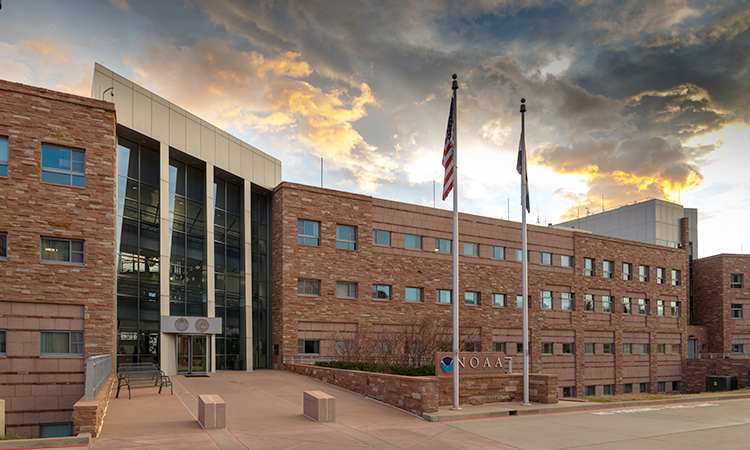A .gov website belongs to an official government organization in the United States.
A lock () or https:// means you've safely connected to the .gov website. Share sensitive information only on official, secure websites.

The Community Emissions Database System (CEDS) is an open source data system scheduled for public release in early 2018 that produces global, historical (1750 - present) estimates of anthropogenic acidifying gases (NH3, NOX, SO2), carbonaceous gases (CO2 and CO, CH4) and carbonaceous aerosols (BC and OC). Emissions are estimated annually and resolved by the country, sector, and fuel, then gridded by year and sector with monthly seasonality. CEDS estimates rely on existing energy consumption data sets and regional and country-specific inventories to produce emission trends over recent decades. The system provides a reproducible, consistent, and transparent means of quantifying uncertainty around emissions inventories. This talk will compare CEDS emissions to existing inventories (CMPI5 and GAINS), highlighting primary differences, areas of interest, and identified issues in CEDS data. We will also discuss ongoing efforts to estimate uncertainty in the data, including how uncertainty in energy data relate to uncertainty in emissions data, as well as the plan forward for conducting comprehensive uncertainty analysis in CEDS data.
Rachel Hoesly is a Post Doctoral Research Associate and Pacific Northwest National Laboratory for the Joint Global Change Research Institute. Before that, she received her bachelors, masters, and PhD from Carnegie Mellon University in Civil and Environmental Engineering and Engineering and Public Policy. Her research involves interdisciplinary data problems such as historical emissions inventories and detailed modeling of the US industrial sector in integrated assessment models. In the past she’s worked on city level historical emissions inventories in the context of climate action planning and examining the environmental effects of migration and population shifts with in the US.
ALL Seminar attendees agree not to cite, quote, copy, or distribute material presented without the explicit written consent of the seminar presenter. Any opinions expressed in this seminar are those of the speaker alone and do not necessarily reflect the opinions of NOAA or CSL.